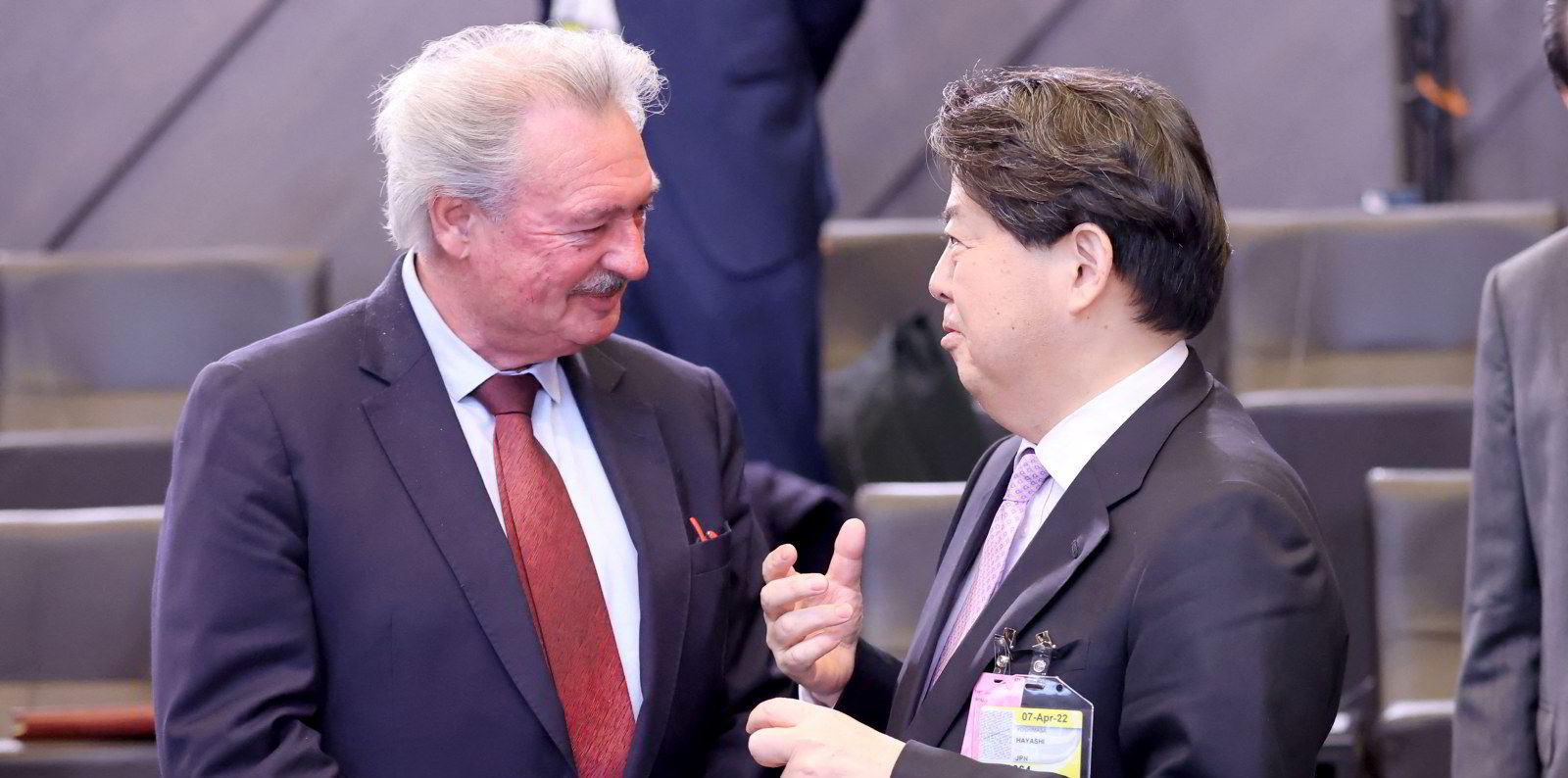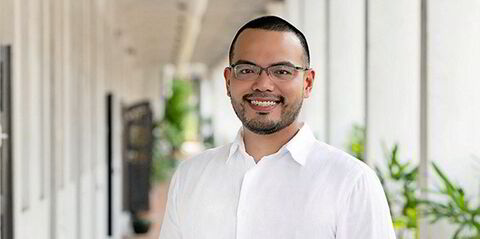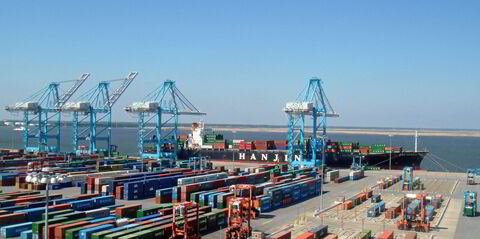European Union foreign ministers are meeting today to discuss imposing an embargo on Russian oil but any such measure would be unlikely to kick in soon, a veteran policymaker said on Monday.
“[Banning Russian] oil could be possible, by the end of the year,” said Jean Asselborn, foreign minister of Luxembourg who will host the EU foreign ministers meeting.
Given Europe’s dependency on it, banning natural gas would be even more difficult than oil, Asselborn added.
Reflecting European reluctance to stop importing these commodities, Asselborn expressed doubts that such moves would stop Russian President Vladimir Putin from attacking Ukraine.
“If we did that, do you think that would stop Putin for a second? I don’t think so,” he said in an interview with German radio station Deutschlandfunk.
“[Putin] doesn’t care at the moment. He has so many [cash] reserves — even the rouble has stabilised,” added Asselborn, who has been the longest-serving foreign minister in the EU with 18 years on the job.
Far enough?
The EU last week decided to stop Russian coal imports after a transitional period of a few months and barred Russian ships from accessing EU ports.
Ukraine president Volodymyr Zelenskyy, however, has been pushing the bloc to go further and hamper Russia’s war effort by stopping tankers from carrying Russian oil.
Several shipowners have already voluntarily stopped their tankers from lifting Russian cargo, fearing legal complications and bad press.
On 8 April, a group of shipowners’ associations from northern Europe expressed support for EU blacklistings levied on Russia and Russian companies and said they stood ready to support even tougher sanctions.
Other shipowners, however, with a greater appetite for risk and less exposure to the public or other kinds of scrutiny, have continued with the business, which is still legal under EU and UK law.
The US, which unlike the EU does not depend on Russian oil, has already banned its imports.
In his interview on Monday, Asselborn rejected criticism that Europe is doing too little to help Ukraine and pointed to military assistance provided to the country.
According to the centre-left politician, a consensus to provide weapons to Ukraine is a remarkable achievement for the EU, which was actually conceived as a peace project.
“Weapons are today more important than sanctions,” Asselborn said.



